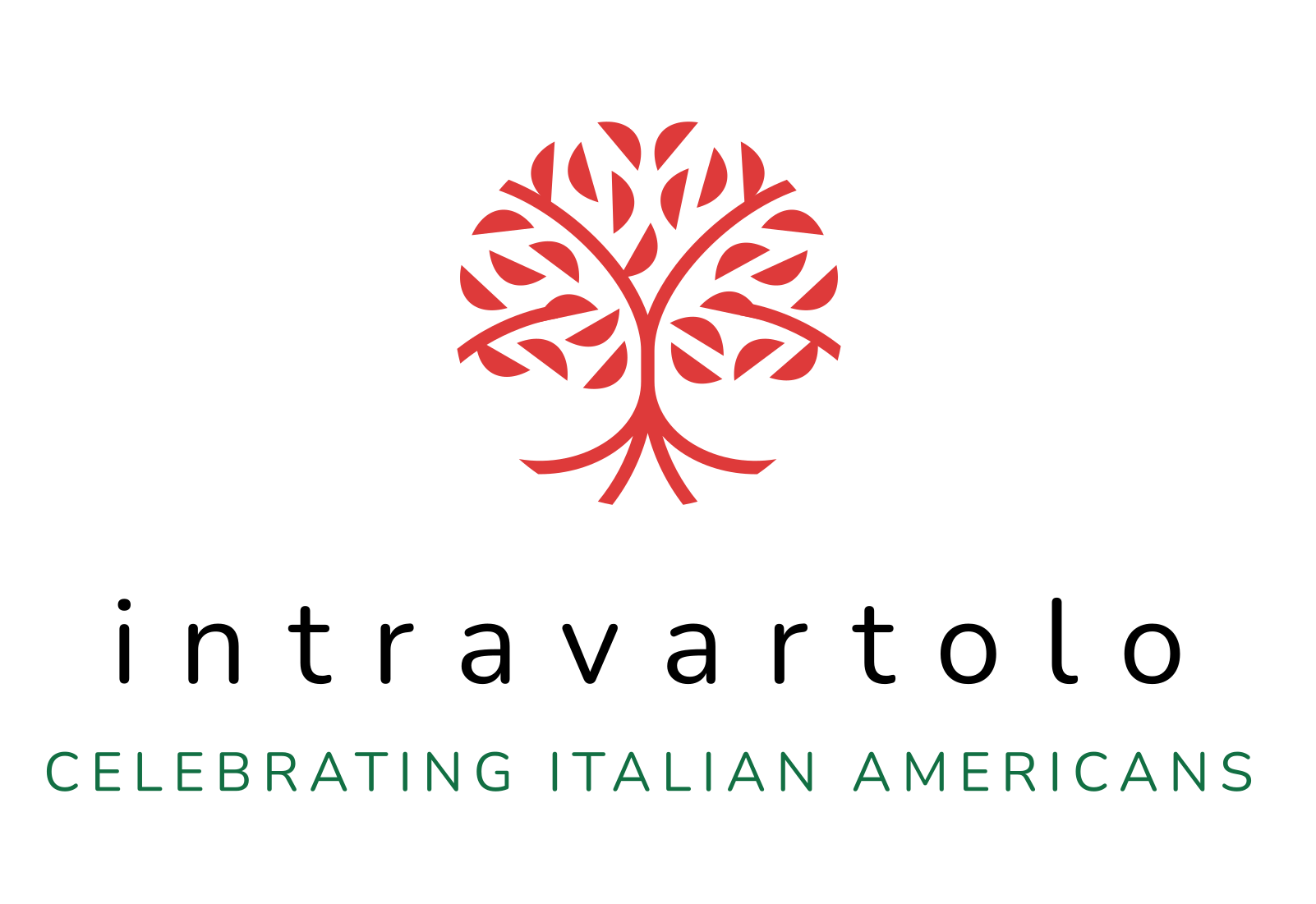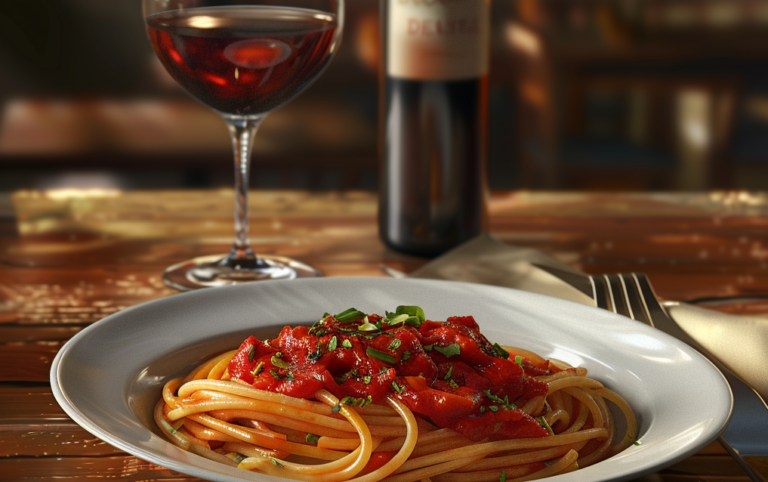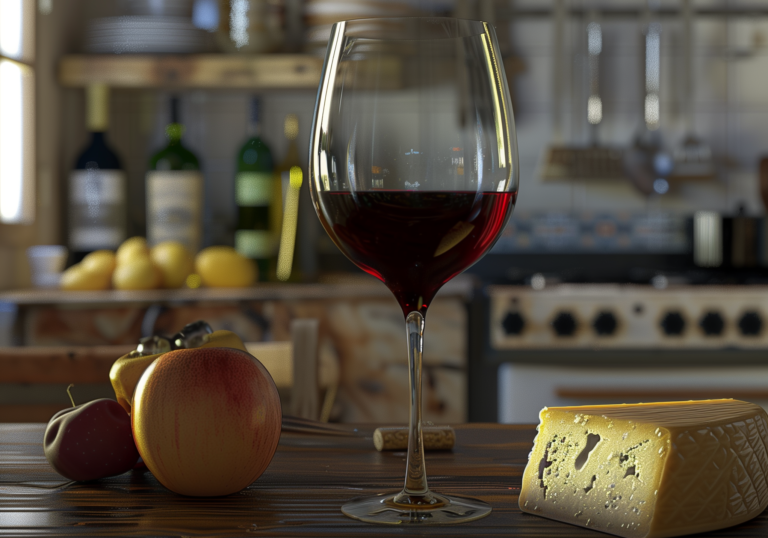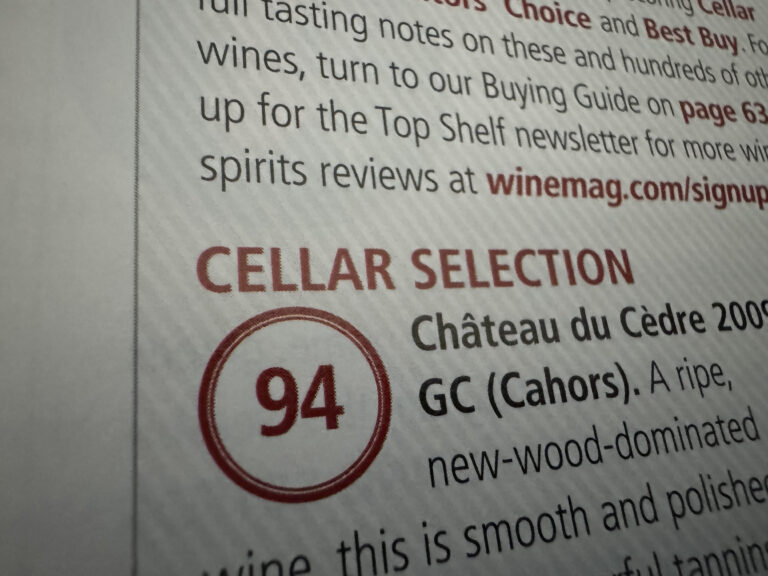A 200% Tariff on Italian Wines? Please Don’t
Let me preface this by stating clearly and unequivocally- this post is 100% about concern for the…
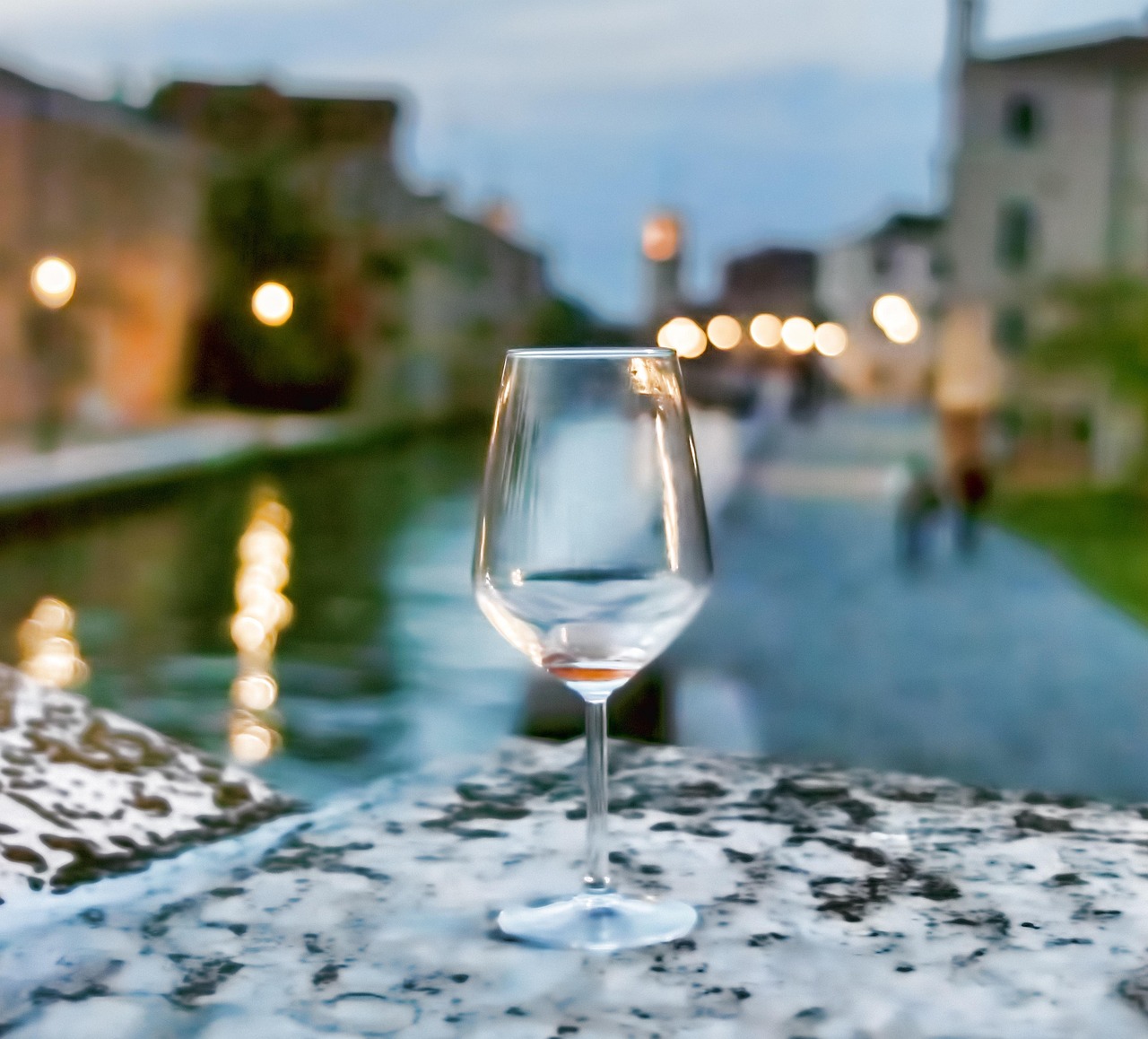
Let me preface this by stating clearly and unequivocally- this post is 100% about concern for the health of the wine industry and its U.S. consumers. This is not a political stance.
I think I speak for everyone in the wine industry when I say that we had hoped that the international trade war currently being waged by U.S. president Donald Trump would somehow bypass us. Unfortunately, last week our industry was dragged into this situation when Trump announced plans to impose a dramatic 200% tariff on European wines, including those imported from Italy.
Tariffs are often positioned as protective measures for domestic industries. And that is what Trump said his intention is with this action- to boost the U.S. wine industry. He is correct that there could be a unique opportunity for American wine brands like us that specialize in Italian-style wines crafted from California-grown grapes, such as Sangiovese. Consumers searching for alternatives to newly expensive imports may discover excellent domestically produced options like ours that closely mirror traditional Italian wines in style and quality.
However, while our brand produces precisely these kinds of wines, we believe strongly in the importance of consumer choice, market diversity, and fair pricing. Trade wars and tariffs ultimately narrow consumer choices, inflate prices, and disrupt the global market, negatively affecting everyone involved, from producers to consumers.
Trade wars rarely have winners. Consumers generally suffer the most immediate impact, as tariffs substantially increase the cost of imported products. With a 200% tariff, the price of beloved Italian wines like Chianti, Barolo, and Brunello di Montalcino could skyrocket, pushing them beyond the reach of many wine enthusiasts. And that is just bad for everyone. As someone who was inspired by these exact wines to start my own brand, it is heartbreaking to think that future wine enthusiasts may not get to experience something similar.
One of the most direct consequences of these tariffs is a significant reduction in consumer choice. As imported Italian wines become prohibitively expensive, wine shops and restaurants may cease to stock them altogether, limiting consumers’ options and potentially diminishing their wine-drinking experiences. Wine is an inherently cultural product, and losing access to Italy’s rich viticultural heritage would represent a meaningful loss to U.S. wine lovers.
Additionally, tariffs introduce uncertainty and instability into the wine industry. Importers, distributors, and retailers who rely heavily on European wines may face financial hardships, leading to job losses and negatively impacting local economies across the country. Small and family-owned Italian wineries, dependent on U.S. sales, may also suffer greatly, disrupting the livelihoods of communities overseas.
In summary, despite short-term opportunities for domestic brands like us, we firmly oppose tariffs on European wines. We advocate for open, competitive markets that encourage variety, affordability, and cultural richness—values that benefit the entire wine industry and enrich consumers’ lives.
